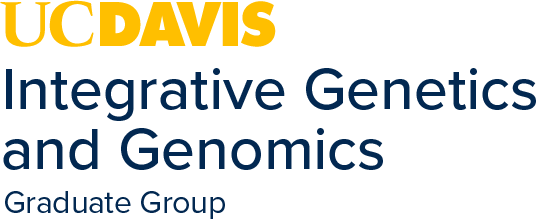As first steps to demonstrate our strong commitment to DEI issues in IGG, the DEI Committee has been meeting every first Monday of every month at 8 am. All interested faculty and students are welcome to attend. These monthly meetings offer a platform to initiate a dialog about the current DEI practices at IGG.
The second step we took was to administer a survey in the context of DEI to collect concrete evidence from faculty at IGG to provide the basis for workshop trainings on areas that need improvement. The main outcomes of the survey were on the following areas of interest:
- Assessment of IGG’s climate with a focus on DEI. It measured the extent to which faculty and students experience our Program as a safe, caring, welcoming, and respectful place that is fair to all.
- Collection of information about IGG’s practices that integrate DEI into classroom activities as well as co-curricular offerings.
- Assessment of baseline strengths and identifying areas for improvement.
To promote transparency and inclusion, we are making the survey results open to all here. Although the response rate was relatively low (37.2%), most faculty felt that IGG appreciate the value of people with different backgrounds, talents, and skills, with zero tolerance to any ethnic, gender, marital or socioeconomic status bias. Several areas of improvement were noted, among them: unclear reporting protocol for DEI issues; address faculty gender discrimination; and revisit qualifying exams’ tone. As a result, we have collected a series of cases that were handed over to the Associate Dean for Graduate Students and Postdoctoral Scholars (Dr. Ellen Hartigan O’Connor) and Graduate Diversity Officer (Dr. Devin Horton) to develop a workshop on DEI issues addressing specific areas relevant to IGG.
In addition, we are actively working on the following areas:
1. Provide a system to incentivize attending DEI training by faculty and students while reporting back to the IGG group on their training. Allows students to add DEI training to their CVs and faculty to add DEI training on their merit and promotion dossiers.
2. Identify extramural sources of funding to increase and retain students from historically marginalized groups
3. Assess current grievance process to develop an infrastructure that provides a safe environment for the student reporting the issue while addressing the issue with utmost concern and professionalism. In the meanwhile, any DEI issues in IGG should be addressed directly to the Chairs of IGG Program (Drs. Sean M. Burgess smburgess@ucdavis.edu and David J. Segal djsegal@ucdavis.edu).
